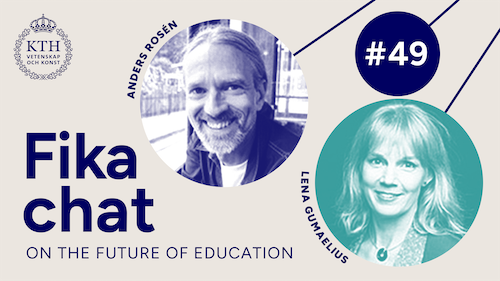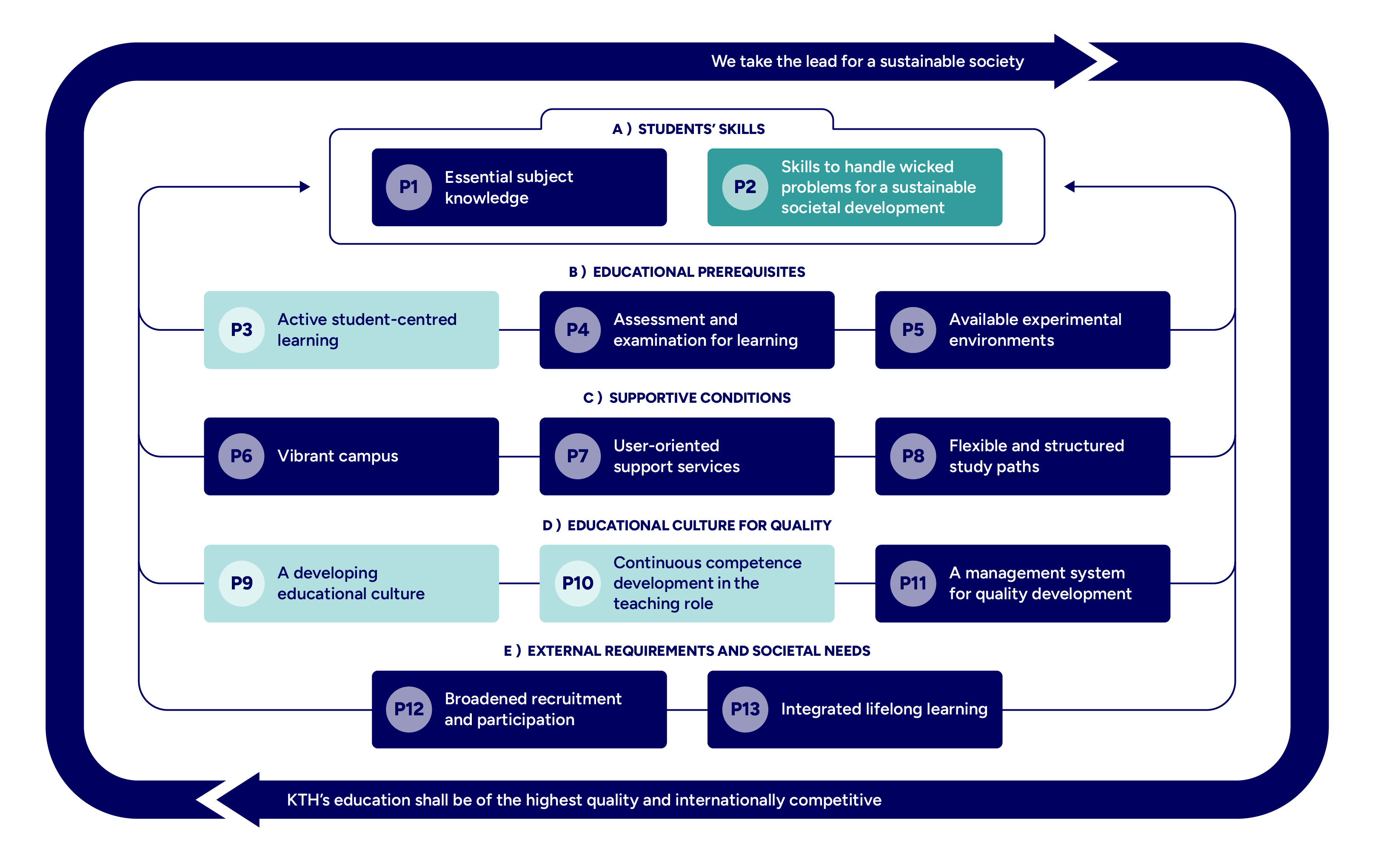Challenge-driven education with wicked problems for sustainable development and transformation
This KTH-wide project involves creating methods and tools for developing, presenting and sharing challenge driven (CD) and problem-based courses, on a web platform (with feature examples and insights from existing courses and projects).
Project context
How can KTH’s education fulfil the vision of leading sustainable societal development? Both research and practice indicate that Challenge Driven Education (CDE) significantly enhances students’ ability to address complex and wicked problems for a sustainable societal development. This educational approach fosters essential competencies such as systems thinking, critical reasoning, the ability to collaborate across disciplines and sectors, and the ability to take action.
At KTH, there are a few innovative challenge-driven educational environments. There are, however, both practical and structural difficulties and obstacles in running and developing existing courses and in spreading the concept so that more educational programmes and students can have the opportunity to work in a challenge-driven manner.
Purpose (outcome)
The aim is to strengthen existing CD (and similar) courses, teachers and educational environments at KTH, while also promoting the broader adoption and scaling of the concept so that additional teachers and programmes have the opportunity to work with a challenge-driven approach. The impact goal is that challenge-driven education becomes a comprehensive, transformative, and visible part of KTH's education programmes.

Project results (output)
-
A ‘Community of Transformation’/CoT that involves at least two teachers from each school, with formulated forms for collaboration and inclusion of new participants, including e.g.
-
Survey to map teacher’s interest in CDE, identify relevant courses, and collect input on needs and ideas.
-
Mapping of existing CD courses
-
Workshops with KTH teachers and visiting representatives from KTH Global Development Hub’s (GDH’s) African partner universities rendering built relationships, community of practice, shared experiences and jointly identified opportunities and challenges. including the GTL initiative.
-
-
Tested format and tool for presenting and sharing CD and problem-based courses, in collaboration with participants from the higher education pedagogy course LH233V Teaching and Learning for Challenge-Driven Education in a Global Context – with representatives from KTH, KI, Strathmore (Kenya), and Botho (Botswana and Lesotho), This tool will be used further within the project’s growing community of practice.
-
Methods and materials to inspire and support teachers in developing CD courses made available via a web platform (with feature examples and insights from existing courses and projects).
-
Theconcept Global Transformation Labs (GTL).
Time plan
Start date: 2024-05-01
End date: 2026-03-30
Project documentation
If you have a KTH ID, you can read the latest project documents on OneDrive when logged in:
-
Project initiation document: Projektdirektiv_FrU24_2402-KTH_Utmaningsdriven utbildning.pdf (Swedish)

